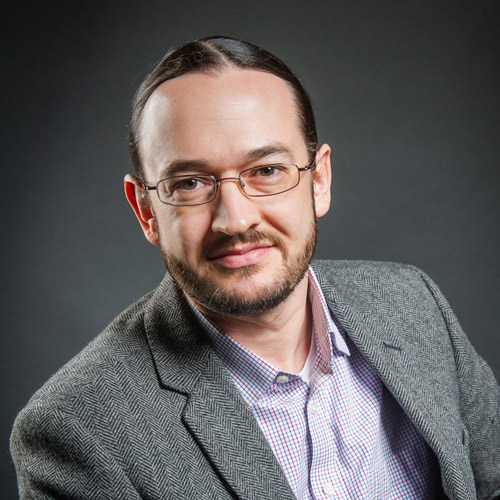Science vs. Religion
Faculty and students talk about faith in the sciences
To an 18-year-old living away from family for the first time, BU can be a vast and confusing universe. Jeremy Weber navigated that cosmos when he arrived on Comm Ave with a compass that has never failed him: Judaism.
“I walked into the Hillel and immediately I connected with 10, 20 people, because we spoke the same way,” says Weber (CAS’16), who will begin studying chemistry in the fall. “We grew up with the same exact customs. We observed the same exact holidays. Judaism is the thing that ties us together.”
A chemistry major and lifelong science addict, Weber is not traditionally religious; he treasures religious culture, not spirituality: “Judaism is about doing,” he says. “It’s not about what you believe.” His chiropractor father exposed him to biology textbooks and museums, and what he learned ruled out for him a literal reading of scripture with its miracle stories.
When BU Today asked Weber’s faculty advisor, College of Arts & Sciences senior lecturer Binyomin Abrams to recommend someone to help interview students and faculty about science and religion, Abrams had just the person. Weber wound up talking to both those of faith who study science and those whose scientific knowledge caused them to part ways with religion.
Weber is intrigued by people who shelve religion and science side by side more comfortably than he does. He says that for Abrams, a Metcalf Award winner, “belief in Judaism enhances his appreciation of the science. Whereas for me, my scientific training teaches me to be more critical of Judaism, of the things that are a little bit fantastic. And I guess it is a fault on my side, because Judaism always needs to prove something to me.”
Devin Hahn can be reached at dhahn@bu.edu.


Comments & Discussion
Boston University moderates comments to facilitate an informed, substantive, civil conversation. Abusive, profane, self-promotional, misleading, incoherent or off-topic comments will be rejected. Moderators are staffed during regular business hours (EST) and can only accept comments written in English. Statistics or facts must include a citation or a link to the citation.